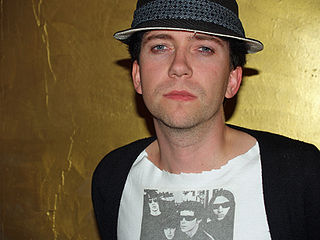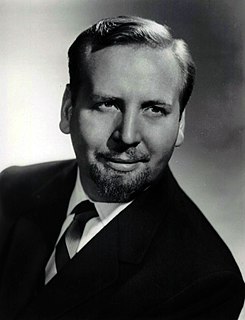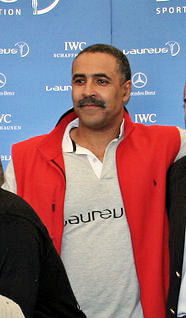A Quote by Howard Barker
I’ve often taken important classical, biblical or literary stories and interrogated them. I have tried to reinvigorate Lot by interpreting it differently.
Related Quotes
My claim is simply that the literary approach is one necessary way to read and interpret the Bible, an approach that has been unjustifiably neglected. Despite that neglect, the literary approach builds at every turn on what biblical scholars have done to recover the original, intended meaning of the biblical text.
There are characters in some short stories who exist as people, and there are other characters in different short stories who exist as purely literary constructs. You know, the young man in "Forbidden Brides of the Faceless Slaves in the Secret House of the Night of Dread Desire" - I probably got that right - is a literary construct, and enjoys being a literary construct. He has no life off stage, whereas the young men in "How to Talk to Girls at Parties" were as near to being real human beings as I could possibly get them.
I think we are affected so much by mythical stories and biblical stories, our society being based on the Bible - at least the old society is based on biblical terms and laws - that there's more of it in art than people realize. Sometimes it comes to the surface, but sometimes it's below the surface, but certainly, it does influence some of my movies.
The Booker thing was a catalyst for me in a bizarre way. It’s perceived as an accolade to be published as a ‘literary’ writer, but, actually, it’s pompous and it’s fake. Literary fiction is often nothing more than a genre in itself. I’d always read omnivorously and often thought much literary fiction is read by young men and women in their 20s, as substitutes for experience.
Kids have been let down by adults - we've tried to give them too much, we've tried not to impose discipline. We've tried to make their lives easier and, in doing so, we've taken something away from them. Kids like boundaries, they also like to be pushed, need to learn what failure is all about, need guidance.





































